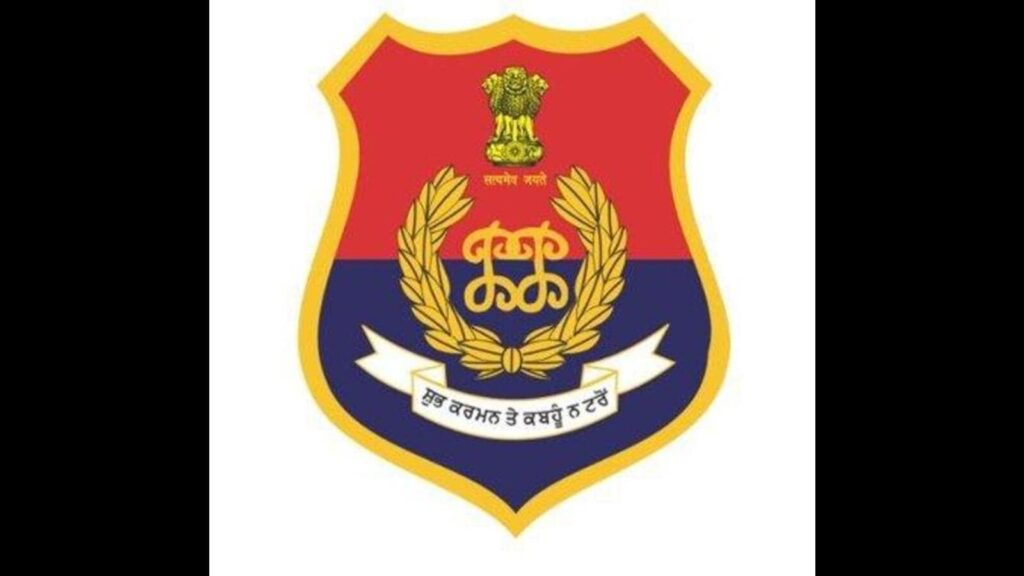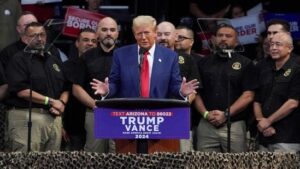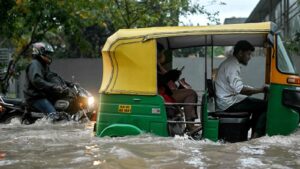DGP appointment: UP cabinet nod to new rules brings focus back on Punjab bill

Under the new rules, cleared by the UP cabinet, the government will not have to send names to the Union Public Service Commission (UPSC) panel for the appointment of the state police chief.

The Uttar Pradesh government’s new set of rules for appointment of director general of police (DGP), wherein a panel chaired by a retired high court judge will pick the new police chief, has brought the focus back on a similar bill passed by the Punjab assembly in 2023 that is awaiting President’s nod for the past over one and a half years.
The Punjab assembly on June 20, 2023, had passed the Punjab Police Amendment Bill-2023 which sought to do away with the Supreme Court-mandated procedure to appoint the DGP following an empanelment by the UPSC. The bill was sent to the governor, who forwarded it for the consideration of the President.
As per the bill, a seven-member committee, to be headed by a former chief justice or a retired judge of the Punjab & Haryana high court, will shortlist three senior-most officers from a pool of eligible officers, and the state will then pick one name from that list.
The other members of the committee comprise the state chief secretary, a nominee of UPSC, a nominee of Punjab Public Service Commission, the administrative secretary of home department, a nominee of Union ministry of external affairs, and a retired DGP of Punjab Police.
UP’s new rules adhere to the Supreme Court directives for removal of the DGP before completion of the stipulated two-year term in case of criminal charges, corruption or failure to perform duties effectively.
Punjab’s bill says,” It is necessary to put in place a proper mechanism for selection/appointment and removal of DGP which takes into consideration the peculiar challenges faced by the states of Punjab by virtue of being a border state. In order to achieve this objective, it is proposed to amend Section 6 of the Punjab Police Act, 2007.”
In 2019, the apex court rejected an application by the Punjab government to bypass the requirement of the empanelment by the UPSC. In the landmark Prakash Singh Case on police reforms, the Supreme Court had in 2006 issued a slew of directions to insulate the state police forces from pulls and pressures of political executives.
In July 2018, the top court chronicled the steps for appointment of regular DGPs. The court said that it would be mandatory for the states to prepare a list of senior police officers at least three months prior to the retirement of the incumbent and send it to UPSC, which would then prepare a panel and intimate the states. The state would immediately appoint one of the persons from that list. The empanelment committee in UPSC consists of representatives of the UPSC, the central government, and the state government concerned.
“None of the states shall ever conceive of the idea of appointing any person on the post of DGP on acting basis for there is no concept of acting DGP as per the decision in Prakash Singh’s case,” added the July 2018 order.
Notably, the order also order made it clear that “any legislation/rule framed by any of the states or the central government running counter” to its directions shall remain in abeyance to the extent of breach.
Notably, Punjab is continuing with an acting DGP for the last more over two years.
1992-batch IPS Gaurav Yadav is holding the charge as acting DGP after the Mann government decided to remove 1987-batch IPS VK Bhawra, who was appointed as DGP following the procedure laid down by the apex court. Bhawra, who was appointed by the Charanjit Singh Channi government, was removed within six months of his appointment by the AAP government.
Despite multiple reminders sent by the Ministry of Home Affairs, the state has not formed a panel of senior Indian Police Service (IPS) officers eligible to be appointed state police chief, as prescribed by the UPSC following a 2006 Supreme Court judgment.
On October 15 this year, the Supreme Court while hearing a petition regarding appointment of acting DGPs by states had issued notices to eight states including UP and Punjab to file their reply by October 22. This petition had stated that the notification for appointing acting DGPs was contempt of a 2006 ruling of the top court.




